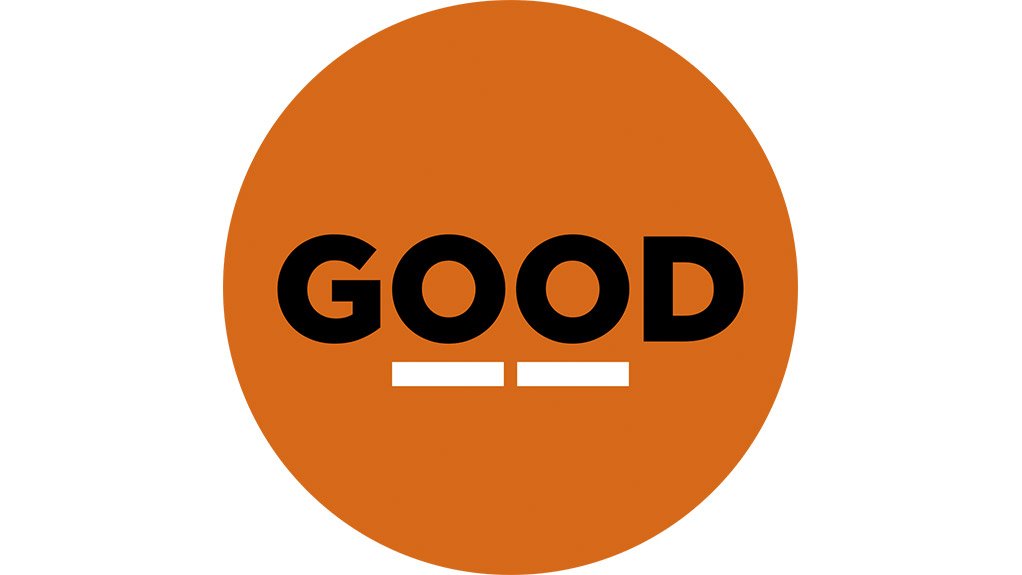/ MEDIA STATEMENT / The content on this page is not written by Polity.org.za, but is supplied by third parties. This content does not constitute news reporting by Polity.org.za.
The systems developed to protect the integrity of South Africa’s democratic electoral processes failed the people of George yesterday where three
by-elections went ahead under a cloud of prima facie evidence of voter registration fraud perpetrated by the DA.
Direct and substantive evidence submitted to the IEC and Electoral Court included:
Affidavits by DA canvassers who falsely registered people from outside wards where by-elections were being held as living in the wards, thereby fraudulently qualifying them to vote.
A list of names of fraudulently registered voters with their ID numbers and real home addresses.
Proof that DA Councillors and/or the George Speaker engaged in re-registering voters using the online system, without the cooperation of the voters.
Proof of the existence on the voter’s roll of 188 voters registered as living at one address (a small RDP-type house).
GOOD submitted evidence to the IEC five days before the by-elections, demanding that the by-elections be postponed until the voter’s roll had been investigated and cleansed. But the IEC responded that the information was received too late to be considered, and the Electoral Court appeared to agree!
The full extent of the fraud is unknown. The leader of another political party contesting the by-elections said yesterday he had discovered an address where 66 people had been falsely registered.
When GOOD applied to the Electoral Court for urgent relief, the DA conceded in its court papers that residents from outside the wards had been fraudulently registered, blaming it on its canvassers.
But even the DA’s mea culpa was insufficient to prompt the court to intervene, so the elections went ahead.
It would seem that despite the overwhelming evidence both the IEC and Electoral Court were swayed against protecting the fundamental principle of democracy – that elections should be free and fair, and devoid of manipulation of voters rolls – by the inconvenience of postponing the by-elections at the 11th hour.
After the Electoral Court dismissed GOOD’s application for postponement the party instructed its lawyers to prepare papers disputing the outcome of the elections in terms of Section 65 of the Municipal Electoral Act. GOOD will formally file that objection within the 48-hour period that the Act provides for.
GOOD will also seek sanctions against the Democratic Alliance for the fraudulent re-registration of voters, in terms of Sec 67 of the Municipal Electoral Act.
GOOD is deeply disappointed that the IEC has been unable, or unwilling, to detect suspicious voter registration patterns based on the unusually high number of new voter registrations for a by-election. It is also astounding that the Online Voter Registration system is able to be abused by political parties to re-register eligible citizens as voters in wards where they do not live, and that the IEC is unable to detect this.
The IEC’s sole responsibility is to be able to assure South Africans that elections are free and fair; to vouch for the integrity of our democratic system.
GOOD is deeply respectful of the principle of an independent judiciary, but judges don’t always get it right. They are human beings, after all. That’s why there are mechanisms to appeal, or alternative legal avenues to follow in the pursuit of justice.
Yesterday’s by-elections were a farce. Voters from outside the wards being bussed in was a feature of the day. At one point, several political parties confronted those who were bussed in. The bus took off, only to drop them off around the corner, so that the “voters” could walk into the voting station one-by-one.
The elections were brazenly stolen. Was the IEC watching? It doesn’t auger well for general elections next year.
EMAIL THIS ARTICLE SAVE THIS ARTICLE ARTICLE ENQUIRY
To subscribe email subscriptions@creamermedia.co.za or click here
To advertise email advertising@creamermedia.co.za or click here











